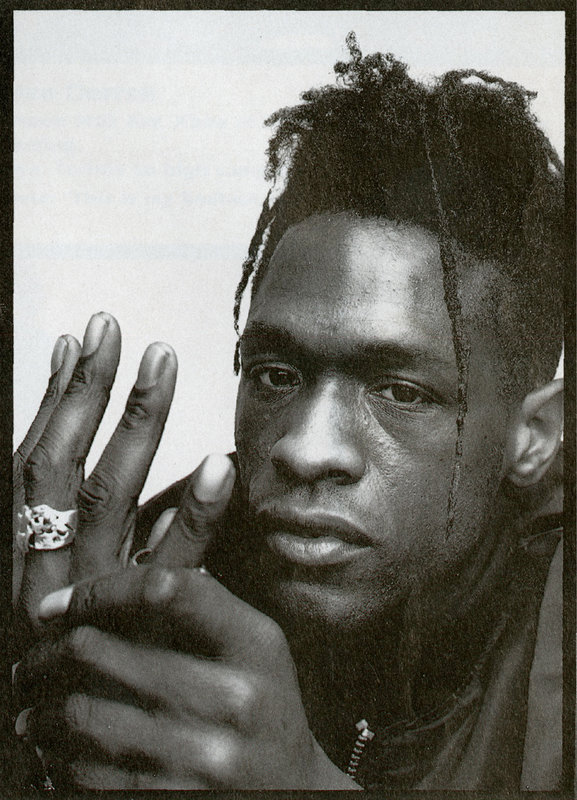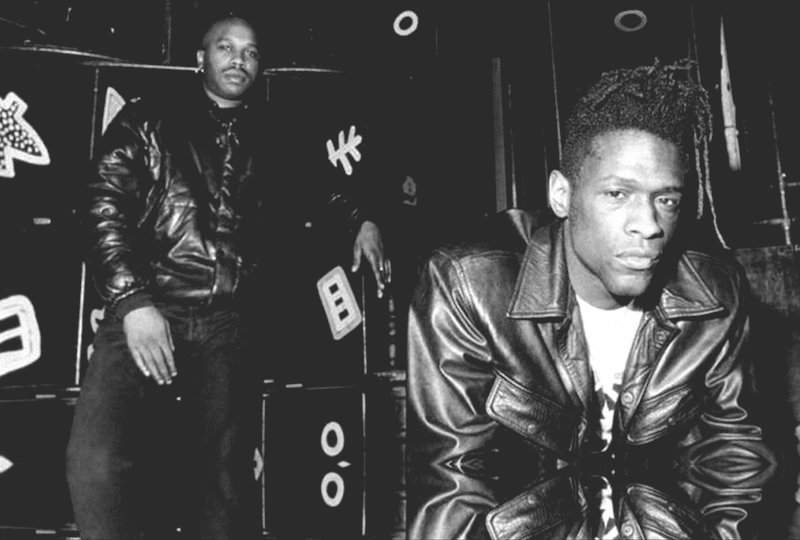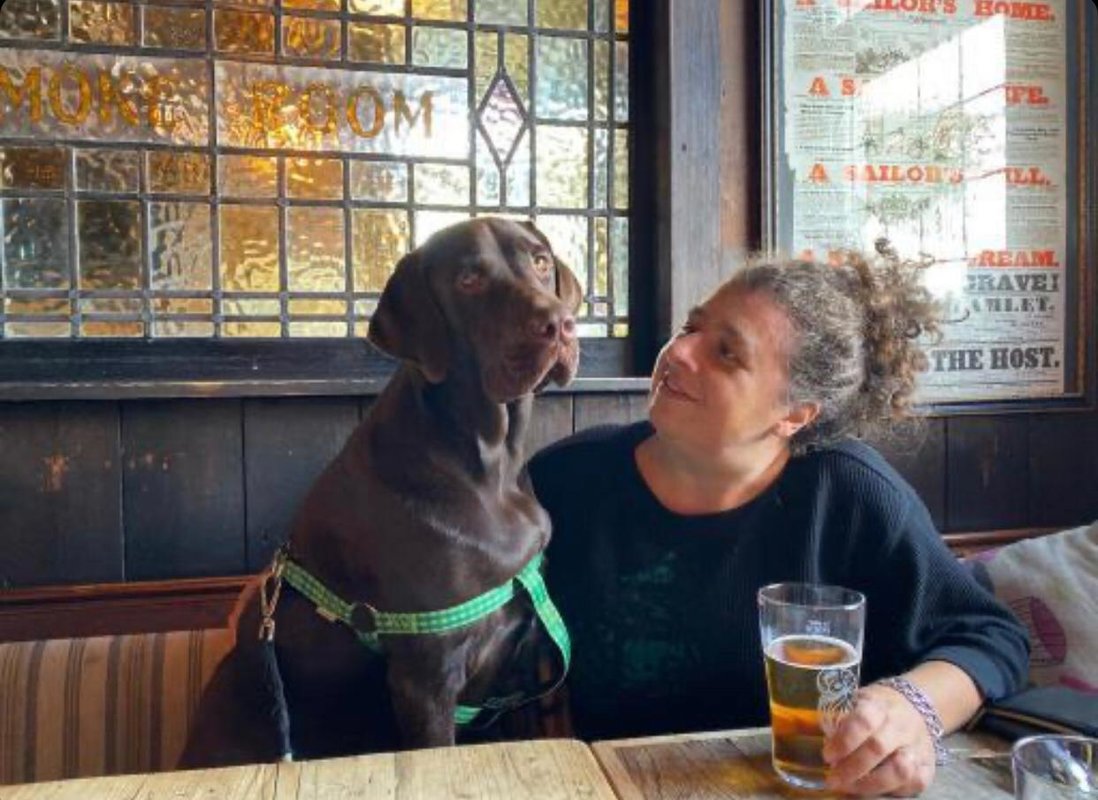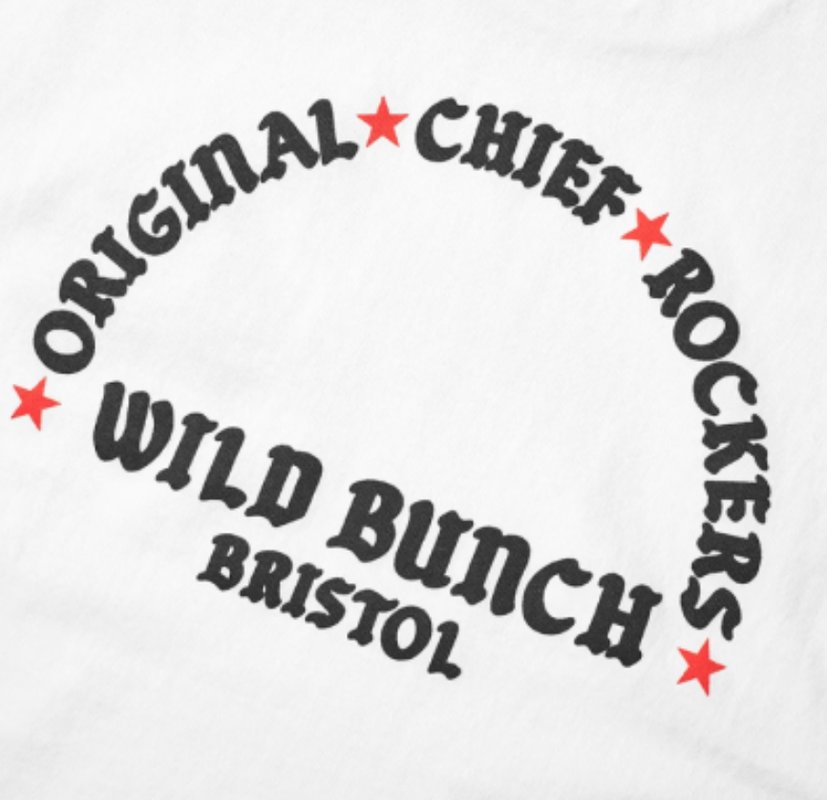Journalists are an interesting bunch who are often on the end of hugely interesting conversations with the creators that make the things we love. We thought it would make sense to speak to our favourite journalists and ask them about their favourite interviewees. First up Bill Brewster...

Who are we going to be talking about today?
DJ Fabio, of & Grooverider fame.
How did the interview happen?
Frank Broughton and I were conducting a load of interviews for what became the second edition of Last Night A DJ Saved My Life, which came out in 2006. This was done in early 2005. I think we organised it through the Radio 1 press office because Fab and Grooverider still had a late night show on R1 at the time.
Who was the press person / magazine you were writing it for?
I believe the press officer for the boys at the time would have been Indy Vidyalankara. We (or I) did eventually use this interview for other things sometime later, but at the time the sole purpose for a new chapter we’d been planning to write on UK acid house and its origins.
Where did it take place?
We did the interview at Radio 1 in central London and I remember bumping into Guy Ornadel, who I worked with at DMC, on my way out of the building after the interview.
How long did the interview last?
It only lasted an hour, which doesn’t sound that long when you’re trying to extract as much history as possible out of someone.
What made it so memorable?
Fabio is one of the most articulate people I’ve ever interviewed and he’s an incredible raconteur. He speaks in perfectly formed paragraphs, so there’s almost no editing required when he tells you a story. Not only that, but we were looking for certain things from the interview, particularly from a political point of view, and he just seemed to deliver everything so perfectly, it was actually really hard leaving out other things he had to say.
Firstly, he’s very funny. When he tells you story, he has impeccable comic timing. He had us in stitches in the interview. Secondly, he’s got brilliant recall. He can remember everything and tell you about it in forensic detail. Plus he has strong opinions on everything. He’s not afraid to give you the unvarnished truth. I think he was also the first black interviewee who went into specific detail about the schisms between the soul boys and reggae boys among his generation of kids which, at the time was a massive thing.
Fabio is one of the most articulate people I’ve ever interviewed and he’s an incredible raconteur. He speaks in perfectly formed paragraphs, so there’s almost no editing required when he tells you a story.
What can you say now that you couldn’t say at the time?
Interviewing Fabio made me fully understand the importance of his generation of black youth. More than any other, they were the ones that made a decisive break from older siblings and parents in searching for a new identity that was influenced by the Caribbean, but was also a rejection of it. His cadre of youth was the first black British generation to forge a new identity that was neither Caribbean, not British, but had a bit of both in it. Obviously, it wasn’t just Fabio, because there was also Colin Dale, Kid Bachelor, A Guy Called Gerald, George from Nightmares On Wax, Norman Jay, Trevor Nelson, Grooverider, Carl Cox, Paul Trouble Anderson etc etc. Without these guys, there’d be no Wiley, no Stormzy, no Tinchy Stryder, no Dizzee Rascal. So, although they never crossed over into pop stardom like subsequent generations did, they laid its foundations. I keep badgering Fabio to write his autobiography because I think what he has to say about that generation is really important. I think it could be so much more than his story, because there’s a universality in what he experienced. Plus, he’s funny as fuck.
More than any other, they were the ones that made a decisive break from older siblings and parents in searching for a new identity that was influenced by the Caribbean, but was also a rejection of it.
Since then, I’ve done live interviews with him in front of an audience a few times and everytime we speak, he seems to find new stories to tell each time. He’s an interviewers dream, basically.
Where did you go afterwards?
I remember coming out of the Radio 1 building with Frank and we’d not said a word to each other. But we both knew it had been an incredible interview. We got out on to the street and then we both jumped up like idiots and high-fived each other. I couldn’t wait to go home and transcribe it.



